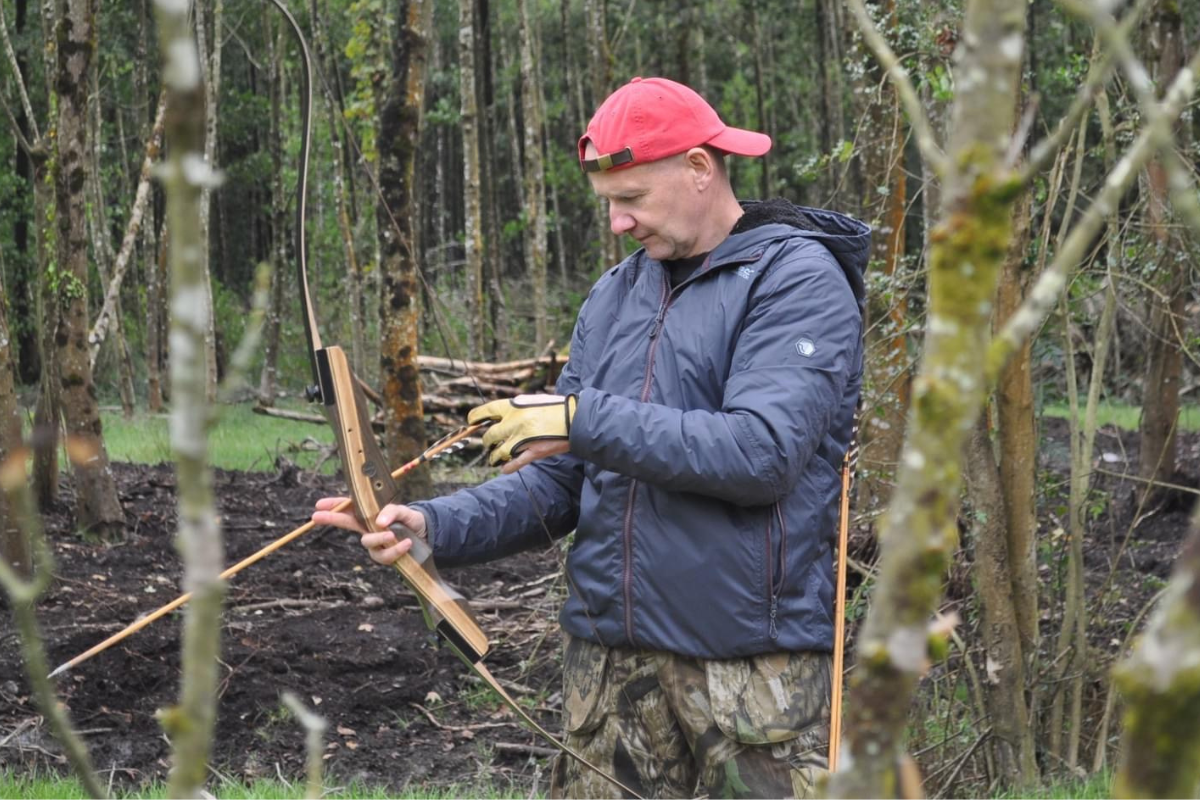The aim of any parasite control programme is to prevent clinical disease, reduce contamination of pasture and preserve the efficacy of anthelminthics for future use. Responsible worming has been at the forefront of the minds of both vets and horse owners, and there has been a lot of attention on this area in current research.
Two recent UK surveys organised by Project WORMS (Working to Overcome Resistance and Make for a Sustainable future), aimed to investigate parasite control in UK horses, identify areas where management practices could be improved and look at whether vets can better target their advice.
The horse owner survey, completed by 4,233 people, found that 84% carry out regular faecal eggs counts (FECs), 40% routinely test for tapeworm, 73% remove faeces from pastures regularly and 22% practice mixed grazing with ruminant animals. Of those who do FECs, 37% routinely worm horses at least once a year, regardless of the interpretation of results.
The second survey focused on the breeding industry, with 36% of stud managers saying they have experienced parasite-related illness within the last year. This was most often described as weight loss, diarrhoea and colic. Over 20% were aware of wormer resistance on their yards.
Of those surveyed who said veterinary advice was “very important” when deciding whether to worm, nearly half used moxidectin and praziquantel as their first-line anthelmintic.
Key messages for encouraging responsible worming of horses are to check parasite burdens before treating, carry out Faecal Egg Count Reduction Tests to ensure wormer efficacy, and to practice good husbandry and pasture management e.g. mixed or rotational grazing, and clearing faeces off pasture. A faecal egg count (FEC) can count the number of certain species of worm eggs in a faecal sample. This can tell us about patent infection in the animal, and will assist (along with clinical condition of the animal, yard history and other diagnostic tests) in giving us a picture of the overall parasite burden.
Duggan Veterinary Supplies distribute Curazole, a 10% Fenbendazole, as a licensed equine wormer product.



